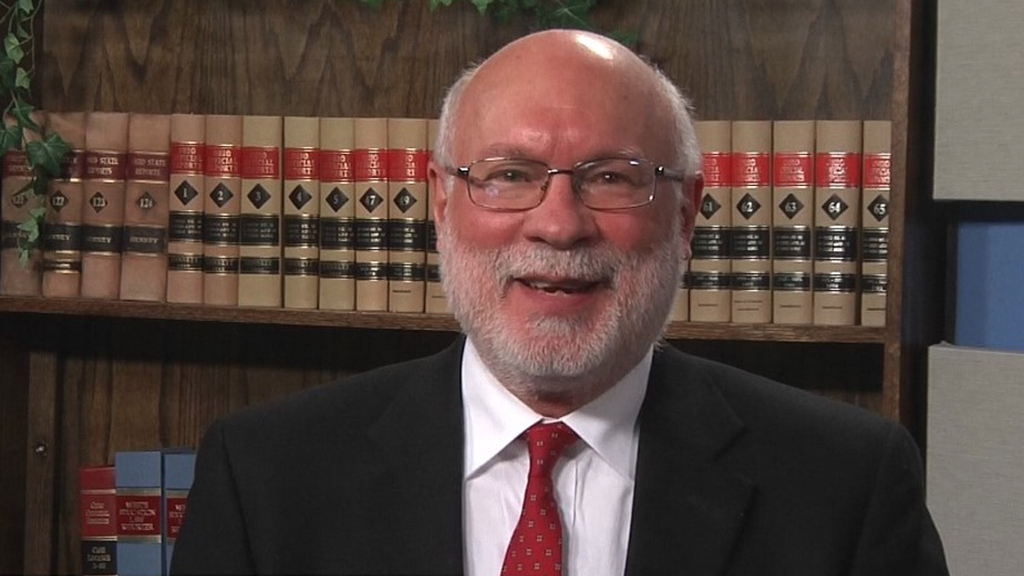
The barriers to an equitable and high-quality public education for every child in America are many, but they can be dismantled through “unity and an eye on the future we all desire,” outgoing NSBA president Charlie Wilson said Friday.
In his final address as the 2020-21 president, Wilson spoke to attendees of NSBA 2021 at the second general session. He acknowledged the difficult and tumultuous year “for all of us, and, without a doubt, for the 51 million school children we ultimately serve.”
But he also focused on the work needed to ensure that “the best days of public education are ahead of us and how we can get there together.” Key to that future is continuing efforts to break down barriers and build more “equitable opportunities and access points” so that every child, not just the most fortunate, “can and will succeed,” said Wilson, a school board member for Ohio’s Worthington City Schools.
First, however, we must ask ourselves “whether we are doing everything that can be done to promote a love of learning and critical thinking in our students and to assist parents and caregivers in reinforcing these concepts at home,” said Wilson. This can be challenging in normal times but is even more difficult in the current state of online and hybrid learning, he said.
Secondly, we must ask why some students are learning at greater levels than others? “Or more importantly, why are many students not learning at high levels?” The answer to that lies in how we educate and support the underserved, low-income students who make up so much of our student population, Wilson said.
According to federal statistics, 20 percent of individuals under 18 live in poverty, and the number of low-income families is growing rapidly. And yet, recent efforts to improve public education, “including the enormous increase in standardized testing, holding teachers accountable for their students’ test scores, and rewriting math and reading standards, do not address the problem of growing childhood poverty rates,” Wilson said.
Instead, he urged education leaders to better understand who our students are and what their needs are; to shift the focus from looking at where students are falling short to where adults are falling short; to invest more in dismantling inequities and closing opportunity and access gaps by providing more year-round learning and enrichment opportunities.
“I am an optimist,” said Wilson. “I believe the greatest country on the face of the earth can transform public education to truly serve each student, including those who are currently underserved.”
That goal can be achieved “without privatization, vouchers, or charter schools,” he said. “We can get there together as a unified force—as a unified federation of education leaders.”

Share this content